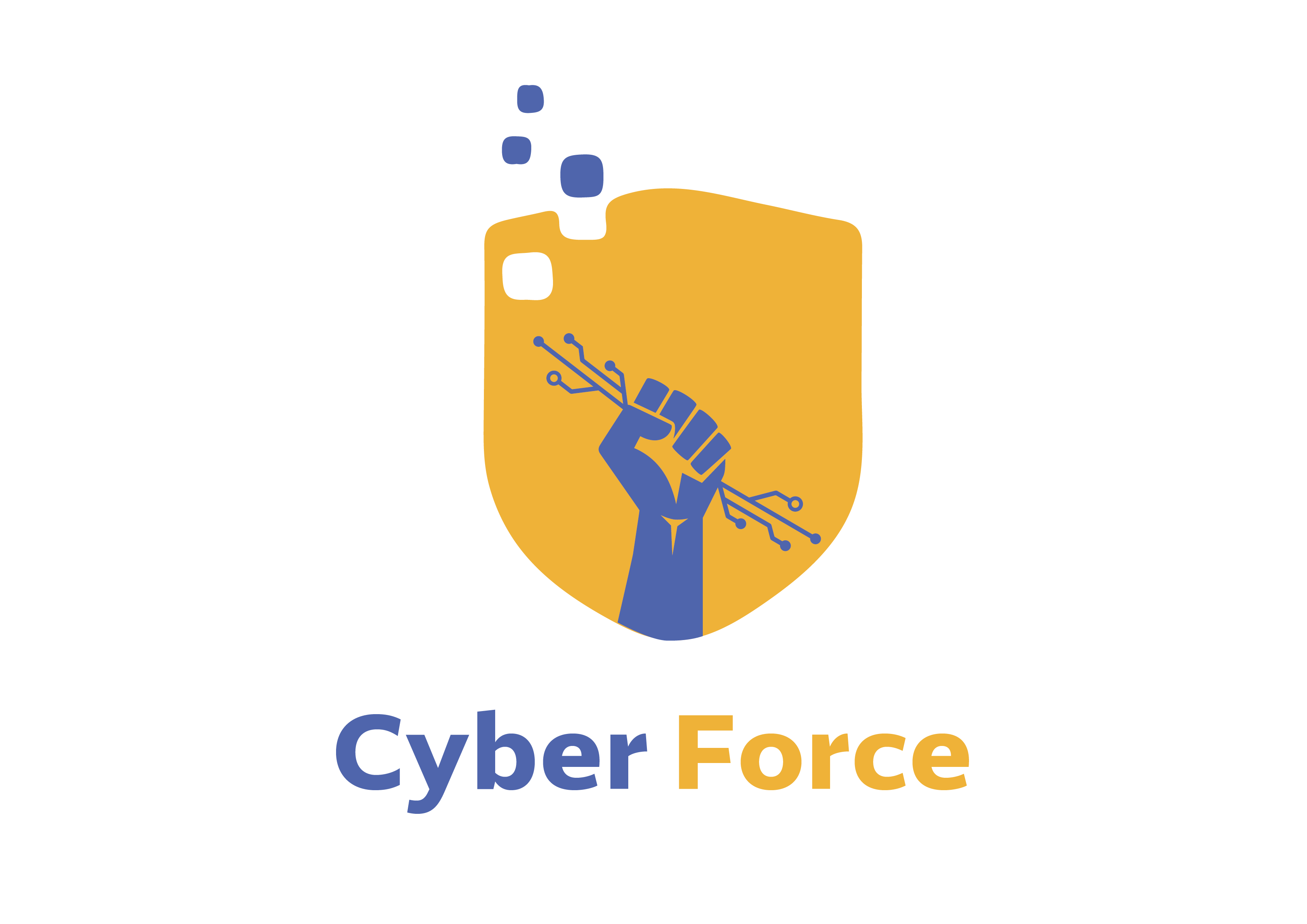
ISO 22301: 2019 BCMS Lead Implementer
ISO 22301:2019 is an international standard that focuses on Business Continuity Management Systems (BCMS). A BCMS is a systematic approach to managing and ensuring the continuity of an organization’s critical business functions during and after disruptions or emergencies.
A Lead Implementer for ISO 22301 is a professional who is trained and knowledgeable in implementing and managing a Business Continuity Management System based on the ISO 22301 standard. Their role involves guiding the organization through the process of establishing, implementing, maintaining, and improving a BCMS to enhance resilience and ensure the organization’s ability to respond effectively to disruptions.
What Will I Learn?
- 1. Understanding ISO 22301:2019: An overview of the ISO 22301 standard and its purpose in business continuity management. Familiarity with key terms, concepts, and principles of business continuity.
- 2. Business Continuity Principles: Understanding the fundamental principles and importance of business continuity planning. Recognizing the significance of risk assessment and management in business continuity.
- 3. Scope and Objectives: Defining the scope and objectives of a Business Continuity Management System (BCMS) within an organization. Aligning business continuity objectives with organizational goals.
- 4. Risk Assessment and Management: Conducting a Business Impact Analysis (BIA) to identify critical business functions, processes, and dependencies. Identifying and assessing risks and vulnerabilities that could disrupt operations. Developing strategies to mitigate risks and ensure business continuity.
- 5. BCMS Implementation: Planning and overseeing the implementation of a BCMS based on ISO 22301 requirements. Creating policies, procedures, and documentation necessary for business continuity.
- 6. Exercising and Testing: Designing and conducting tests, exercises, and simulations to evaluate the effectiveness of business continuity plans and strategies.
- 7. Communication and Awareness: Developing communication plans for internal and external stakeholders during disruptions. Raising awareness among employees about their roles in business continuity.
- 8. Performance Monitoring and Measurement: Establishing key performance indicators (KPIs) and metrics to measure the effectiveness of the BCMS. Monitoring and evaluating the performance of business continuity activities.
- 9. Auditing and Certification: Preparing for internal and external audits of the BCMS. Understanding the process for ISO 22301 certification.
- 10. Continuous Improvement: Establishing processes for ongoing review and improvement of the BCMS. Incorporating lessons learned from incidents and exercises to enhance business continuity practices.
- 11. Integration with Other Management Systems: Understanding how the BCMS can be integrated with other management systems, such as ISO 27001 (Information Security Management) or ISO 9001 (Quality Management).
- 12. Case Studies and Practical Exercises: Analyzing real-world case studies and scenarios related to business continuity. Participating in hands-on exercises and simulations to apply knowledge.

